Artificial Intelligence
Can ChatGPT be Trusted? The Concerns of AI-Generated Misinformation and Fake News
As the Artificial Intelligence field continues to evolve, chatbots and language models are becoming increasingly popular, including ChatGPT by OpenAI. Despite its usefulness, ChatGPT and other language models raise serious concerns about the spread of misinformation and fake news, particularly in political and social contexts, as they can generate responses indistinguishable from human responses. Additionally, these models can perpetuate existing biases and harmful stereotypes. To mitigate these problems, researchers and developers should focus on training language models with diverse and representative datasets, creating ethical guidelines and fact-checking systems, and encouraging critical thinking in the general public. The benefits of these models must be balanced with their potential consequences to ensure responsible and ethical use.
2023-02-15
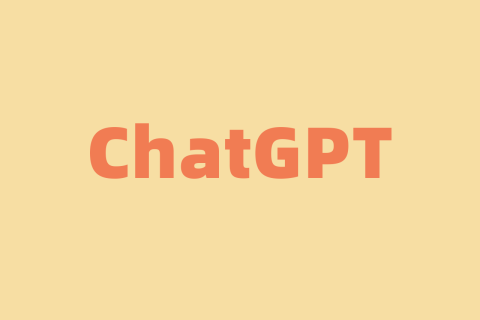
Addressing Bias and Fairness in ChatGPT and Other AI Systems
This article explores the issue of bias and fairness in ChatGPT and other AI systems, which are increasingly widespread and raising new concerns as they advance. The potential for algorithmic bias in these systems, due to the use of biased data in their training, is a significant concern as it may perpetuate existing inequalities and discrimination. Lack of transparency in decision-making processes and the difficulty in detecting and addressing algorithmic bias are also significant issues. The impact of algorithmic bias can be far-reaching and severe, potentially leading to unfair decisions affecting individuals or organizations. To address these concerns, it is important to adopt a proactive approach to addressing bias and fairness in AI systems, including using diverse and representative data, implementing transparent and explainable systems, and creating regulations and guidelines. Individuals can also play a role by speaking out, supporting organizations and initiatives, and advocating for transparency and accountability in AI systems.
2023-02-15
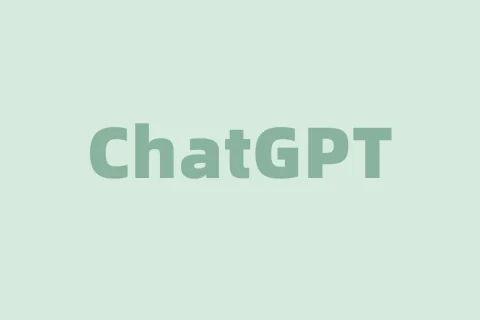
The ChatGPT Privacy and Security Concerns: What You Need to Know
The article discusses the privacy and security concerns related to ChatGPT and other AI systems as they become increasingly ubiquitous in the tech industry. The use of vast amounts of personal data to train these systems, the potential for bias and discrimination in decision-making processes, and the security vulnerabilities of the systems are identified as key concerns. The article advocates for a proactive approach to privacy and security, including implementing security measures, regulations and guidelines, and educating individuals about their rights.
2023-02-15

Will ChatGPT Take My Job? The Impact of AI on Employment
This article explores the concerns raised about the impact of AI systems, like ChatGPT, on employment and the job market. The major concerns discussed include job displacement, widening income inequality, the need for reskilling, regulation and government support, and ethical considerations. The article highlights that as AI systems become more advanced, there is a need for workers to be trained in new skills to remain competitive in the job market and for governments to regulate their adoption in a way that minimizes their impact on employment and the job market. The article concludes by emphasizing the importance of taking a proactive approach, through reskilling and upskilling programs, regulation and government support, and ethical considerations, to ensure that the adoption of AI systems is done in a responsible, fair, and equitable manner.
2023-02-14
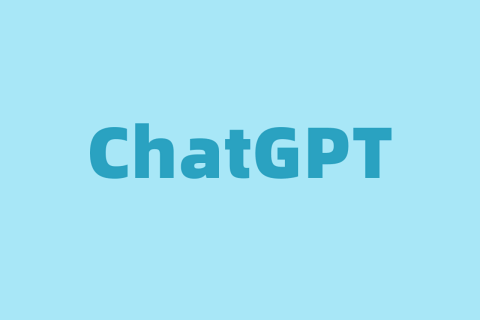
Six Social Problems that ChatGPT May Cause
The article discusses the major concerns related to the use of ChatGPT, a popular AI system developed by OpenAI. The author highlights fix key issues: privacy and security, bias and fairness, misinformation and fake news, job displacement, ethics and accountability, and the dependence of users on AI systems. The article concludes by emphasizing the need for responsible and ethical use of AI systems and the need for clear ethical guidelines and accountability frameworks to ensure the responsible and ethical use of AI systems.
2023-02-13
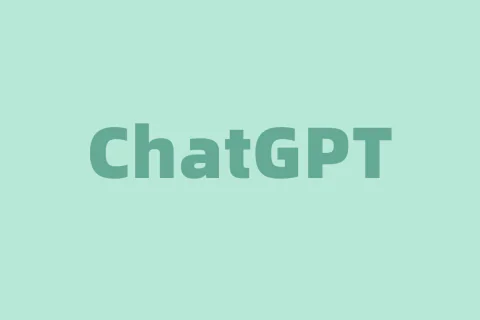
Search Engines vs. ChatGPT: How AI is Changing Search
This article compares traditional search engines with ChatGPT, an AI-powered language model developed by OpenAI that has the potential to revolutionize the way we interact with artificial intelligence. ChatGPT offers a more personalized and relevant search experience based on its ability to understand context, remember previous interactions, and understand natural language. However, it also has limitations, such as a smaller index and the need for an internet connection. In the end, the choice between ChatGPT and traditional search engines will depend on individual needs and preferences. The article provides insights into the future of search engines and AI and how they may shape the way we access information on the internet.
2023-02-13
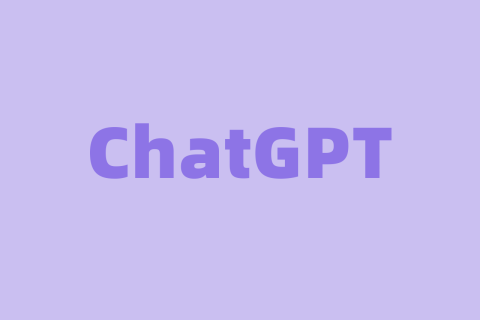
ChatGPT Meets Search Engines: Revolutionizing the Way We Find Information
This article explores the potential of ChatGPT, a cutting-edge AI language model developed by OpenAI, to revolutionize the way we find information through search engines. ChatGPT has the ability to generate text in a conversational manner and understand the context of a conversation, making it ideal for conversational search, contextual search, and personalized search. Additionally, its ability to understand and generate text in multiple languages makes it ideal for multi-lingual search. In the future, ChatGPT has the potential to become a personal search assistant, generate knowledge, and make search engines more interactive. The article concludes by stating that ChatGPT and search engines are a perfect match and have a bright future together.
2023-02-13

Introduction to ChatGPT: The Next-Generation AI Language Model
ChatGPT is a cutting-edge AI language model developed by OpenAI that has the potential to revolutionize the way we interact with technology. The model utilizes transformer architecture and is trained on a massive amount of text data, allowing it to generate human-like responses in a conversational manner. ChatGPT has numerous applications in fields such as customer support, creative writing, knowledge generation, and language translation. However, as with any emerging technology, it is important to consider the ethical and responsible use of ChatGPT and other AI language models. The future of ChatGPT holds great potential and it is likely that we will see even more innovative uses for this exciting technology as the field of AI continues to advance.
2023-02-12
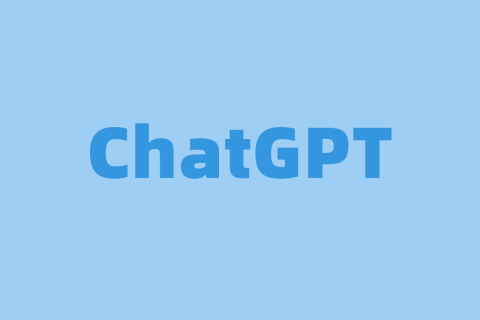
No more articles.

